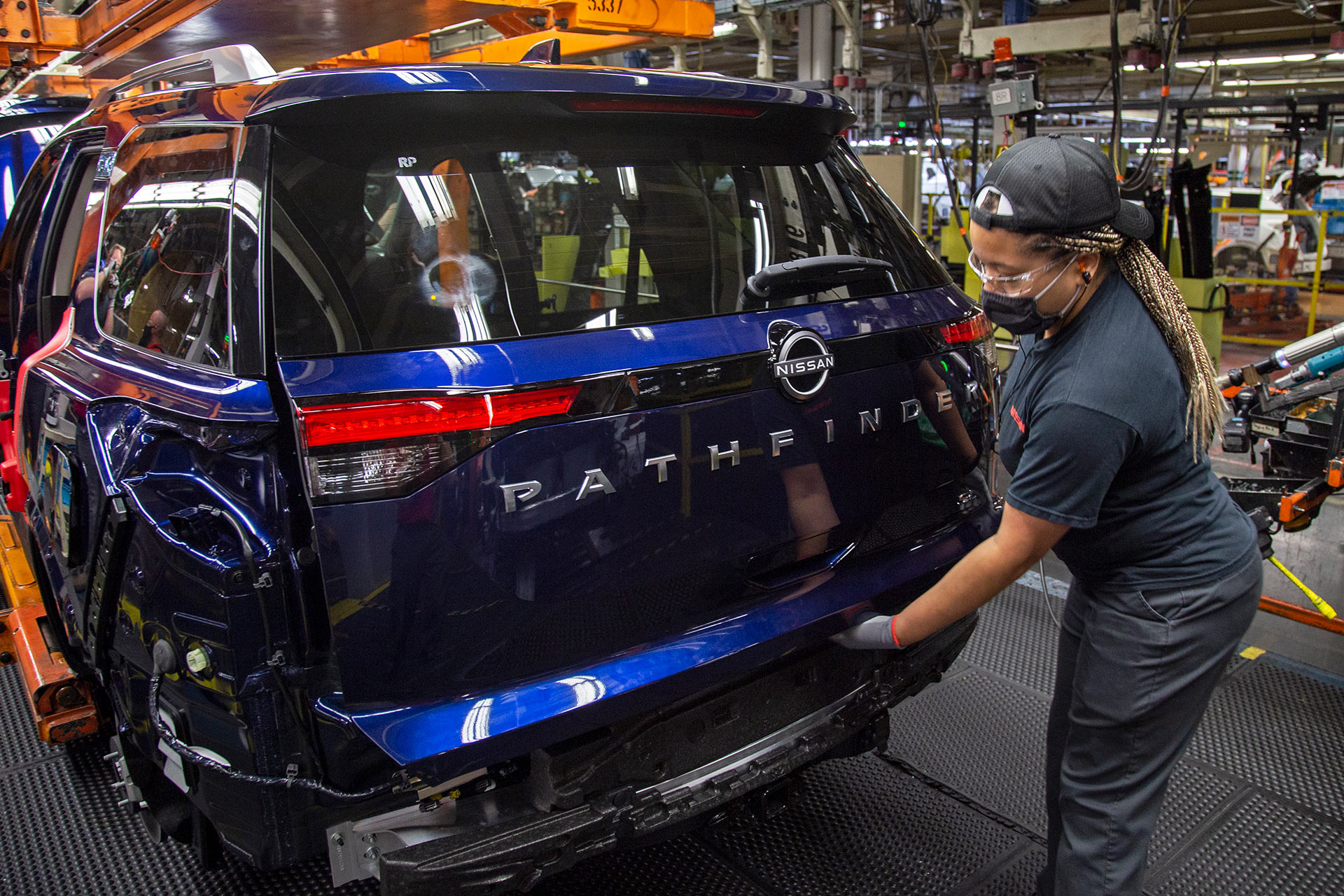Sales of new cars in the U.S. are tanking due to a combination of a shortage of microchips and supply problems stemming from COVID-19 restrictions. But at least one analyst believes dealerships are also to blame.
While Ford and GM’s problems, including factory shutdowns and having to sell cars without some expected electrical features such as stop-start systems, have been well-publicized, more carmakers are being caught up in the mess.
Toyota, Honda, Hyundai, Subaru and Kia are now also mired in the same crisis, and the result is a dramatic 17 percent fall in light vehicle sales in the U.S. last month.
As Automotive News reports, that fall is right up at the ‘worst-case’ end of the 4 to 18 per cent fall predicted for August by analysts Cox Automotive, TrueCar, J.D. Power and LMC Automotive. The seasonally adjusted August sales slumped to 13.09 million units.
Related: Subaru To Pause All Japanese Production Due To Chip Shortage
Ford sales fell by 33 percent, but Subaru also suffered, with sales dropping by 15 per cent. Honda shifted 16 percent fewer vehicles, although its sportier Acura division actually saw sales rise by over over 4 percent. Kia and Hyundai also recorded fewer sales in August.
Much of the blame is put on decreased availability of vehicles due to the chip shortage and COVID-19-related restrictions in southeast Asia that are causing supply chain problems. Where carmakers would previously carry inventories of cars and trucks as large as three million units a couple of years ago, they’re now less than a third of that volume.
But Automotive News highlights Morgan Stanley analyst Adam Jonas’s suggestion that another reason for the drop in sales could be consumers’ lack of enthusiasm for buying new cars.
And that’s not down to the quality of the product, but rather an unhappiness at dealers adjusting their prices upwards to reflect the shortage of stock. “Maybe the consumer has decided to ‘wait it out’ until prices fall?,” Jonas speculated.






